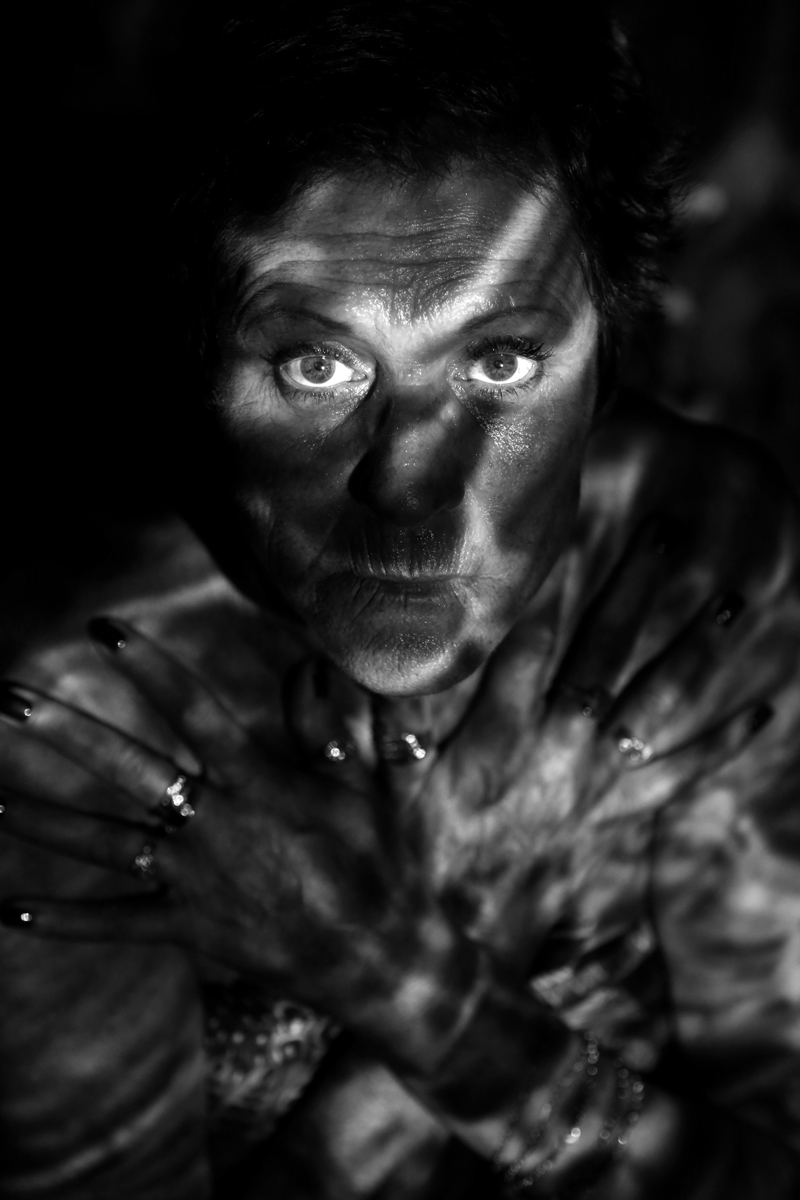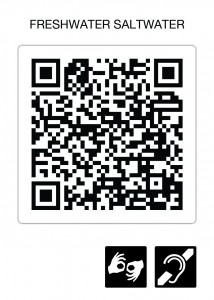‘Kay Sadler was unaware that she was Aboriginal until her early twenties, making her emotional journey to connect to culture as painful as her physical pain from Marfans Syndrome. This disability causes limbs to grow longer but spinal disintegration also occurs. She lives in two cultures in a place where the salt water and the fresh water meet. In this water she has found solace and relief from an internal and external pain. Kay Sadler is a Board Member of the First Peoples Disability Network and the Aboriginal Disability Network NSW. She is member of the Biripi Land Council and is completing her Diploma of Business (Governance) at Tranby College. The definition of an Aboriginal person under federal laws such as the Aboriginal Land Rights Act 1983, is a person who is of Aboriginal descent, identifies as an Aboriginal person and is accepted by the Aboriginal community in which they live. All of these things must apply. A person’s physical appearance or the way they live are not requirements. Because of such definitions, government departments now require Aboriginal people to provide ‘proof of Aboriginality’ to be eligible for financial assistance or in other situations, such as public housing, education or employment. Aboriginal people can apply to their Local Aboriginal Land Council or an Aboriginal community organisation for a ‘Confirmation of Aboriginality’ or a ‘Certificate of Aboriginality’. These documents state that the person is known to identify as an Aboriginal person and is accepted by that community as an Aboriginal person. The Aboriginal and Torres Strait Islander Act 2005 also applies to people who identify as Torres Strait Islanders. These services and programs are intended to address the social, health and educational issues that Indigenous people often face as the result of past removal policies and inadequate educational, employment and health services. Requesting proof of Aboriginal or Torres Strait Islander heritage from applicants helps to make sure that this intention is honoured.’
SHELLEY REYS AO
DIRIBUL PEOPLE
CHAIR, NATIONAL CENTRE FOR INDIGENOUS EXCELLENCE
MANAGING DIRECTOR, ARRILLA
Ms Shelley Reys AO is an Indigenous woman of the Djiribul people and a respected Indigenous specialist, strategist and service provider. She is Managing Director of Arrilla – Indigenous Consultants and Services, a private firm which has been providing services that assist Indigenous Australians and the wider community to work more effectively together in business, government and community environs for over twenty years. Shelley Reys AO was awarded the Order of Australia in June 2012 for distinguished service to the Indigenous community, to reconciliation and social inclusion, and as an advocate for improved educational, health and employment opportunities for Aboriginal and Torres Strait Islander people’. Shelley is the Chair of the National Centre for Indigenous Excellence (NCIE) and Managing Director of Arrilla, Training and Development Consultants. The Australian Financial Review named Shelley in their ‘100 Women of Influence’ in 2013. Ms Reys is the former Vice-Chairman of the National Australia Day Council, Board member and inaugural Co-Chair of Reconciliation Australia, Director (and Vice Chairman 2005-2007) of The Fred Hollows Foundation, Vice president of the YWCA Sydney, NSW Program Manager for the Council for Aboriginal Reconciliation (Department of Prime Minister and Cabinet) and Director if Indigenous Film Services (IFS). She is the Chair of the National Centre for Indigenous Excellence.
www.antidiscrimination.lawlink.nsw.gov.au
http://www.aiatsis.gov.au

